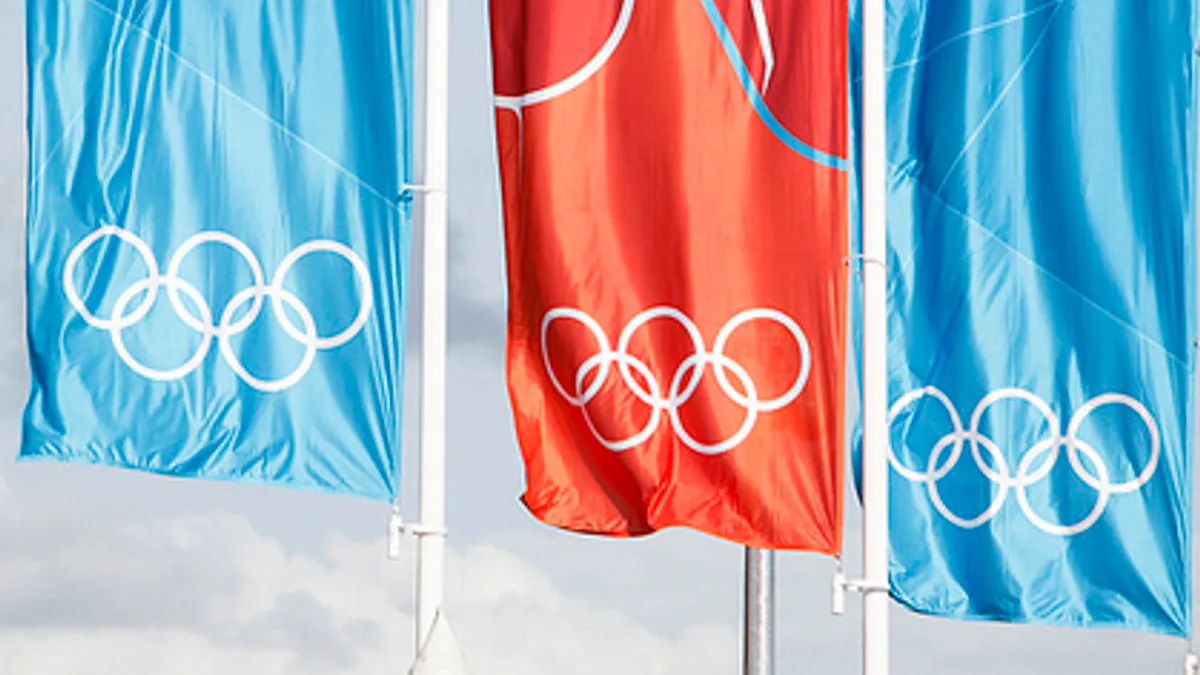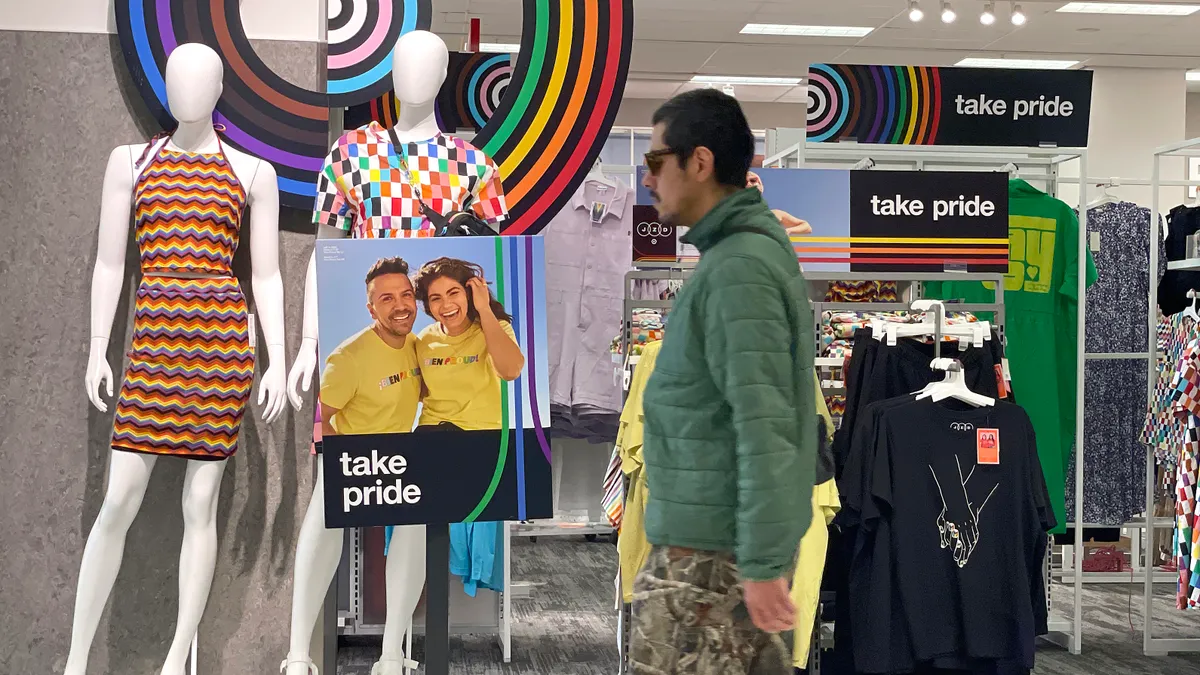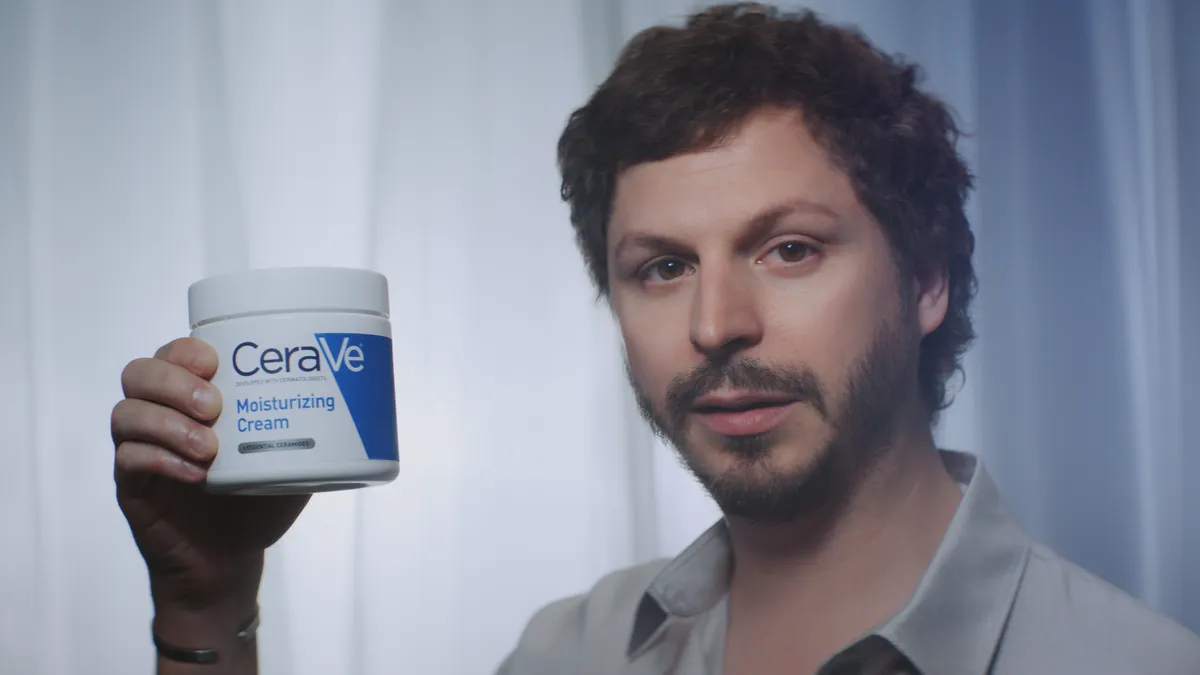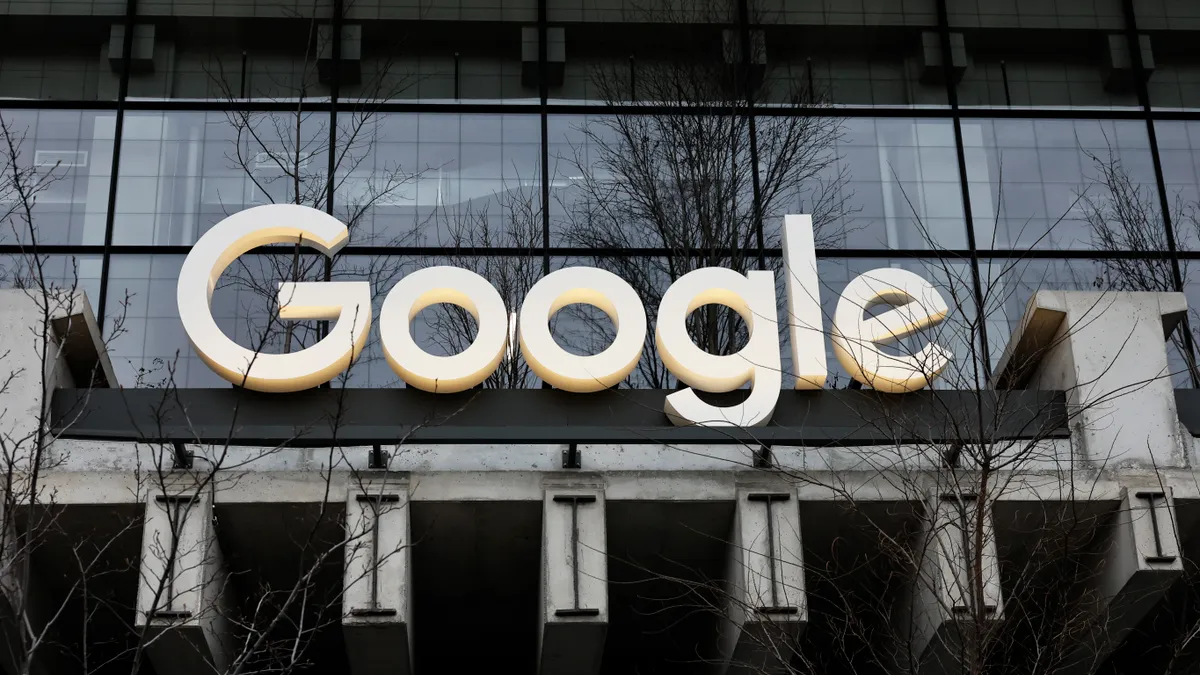Dive Brief:
- Snap Inc. has signed a deal with NBCUniversal for Snapchat to become a hub for Olympic-themed content and live coverage at the 2018 Winter Games in Pyeongchang, South Korea, according to a report in The Wall Street Journal. The two forged a similar partnership for the Summer Games in Rio last year, which nearly 35 million U.S. viewers tuned into. The largest share of that audience was under 35-years-old, Gary Zenkel, NBC Olympics president, told the Journal.
-
Executives at NBCUniversal unveiled their 2018 Olympic plans to advertisers Wednesday as part of an annual ad sales gathering called the "upfronts." Advertising commitments for popular Snapchat ad formats like sponsored lenses and geofilter tags, along with more traditional video spots, could total between $50 million and $75 million in Q1 of 2018, unnamed sources told the Journal.
- BuzzFeed will co-create exclusive Olympic content for Snapchat with NBCUniversal. NBCUniversal is a heavy investor in both BuzzFeed and Snap, putting $500 million toward the latter at its initial public offering of stock.
Dive Insight:
Though the nitty-gritty details of the latest Snap-NBCUniversal deal are slim at the moment — and Summer 2018 is a long way off — marketers hoping for some new Snapchat advertising horizons might be disappointed to hear that sponsored lenses and geofilters appear to be a focus again.
The two ad products have been Snapchat’s marketing bread and butter for quite awhile, often commanding hefty price tags, but they also seem to crop up around most major events like holidays or the Super Bowl, threatening to become stale. Sponsored lenses and geofilters were not a part of NBCU and Snap's previous Olympics deal.
Snap's gone through rocky fluctuations following an IPO that popped at the beginning of the month. While some analysts have slammed the upstart social player as being overvalued given recent sluggish user growth, a failure to innovate with mobile ad products could hinder Snapchat just as much in the long run — especially as competition for video messengers heats up.
A number of social players, notably Facebook, have begun to mimic Snapchat's user interface and content model in attempts to capture some of its youth-centric audience. Instagram Stories has proven successful in this endeavor since its launch in August last year, and now Facebook is attempting to replicate the effort with a Stories feature on its main mobile app.
Despite some lingering skepticism over Snap's sustained value and an "attack of the clones" scenario, brands and media companies are still heavily invested in Snapchat, as its engagement numbers for the Rio games speak to a deep connection with younger users, particularly millennials.












